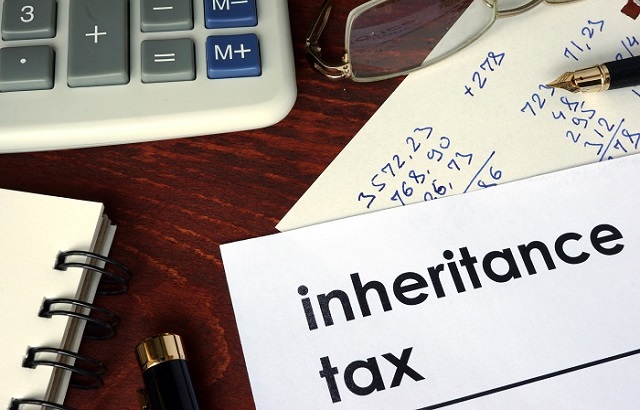Inheritance Tax (IHT) saw a £300m increase from April to August 2023 compared to the same period last year to £3.2bn latest statistics from HMRC has revealed.
Receipts in June 2023 were the highest monthly total on record and could be due to the recent rise in interest rates charged on overdue tax bills.
Total inheritance tax (IHT) take also reached £7.1bn ($8.7bn, €8.1bn) for the 2022-23 tax year.
The freeze on inheritance tax thresholds and years of house price increases and inflation are putting increasing numbers of estates above the IHT threshold.
Wealth Club calculated that the average bill could increase to just over £234,000 this 2023/24 tax year, an 11% increase from the average three years ago.
Helen Morrissey head of retirement analysis at Hargreaves Lansdown, said: “Receipts in June 2023 were the highest monthly total on record, and this could be due to families paying everything by the deadline, rather than instalments – even if it forces them to dig into their own pockets, in a bid to avoid the eye-wateringly expensive interest rates charged on instalments and overdue bills.
“Interest rates were recently hiked to 7.75% potentially adding a whole lot extra to what already may be a large bill.”
Rachael Griffin tax and financial planning expert at Quilter, added: “This increasing revenue causes a policy conundrum for the government as election season draws nearer and more Tory backbenchers call for inheritance tax reform or its abolition as a vote-winning tactic.
“Increasing the inheritance tax threshold to £1m is one of the latest to be tabled, and while it would likely be a crowd pleaser, the government might be less keen given the ever-increasing revenue it is seeing from the tax.”
John Glencross chief executive and co-founder of Calculus, suggested: “One area that advisers and investors could consider helping mitigate against IHT is by investing in an Enterprise Investment Scheme (EIS), as full inheritance tax relief is provided, for the life of the investment once the shares have been held for two years.”








